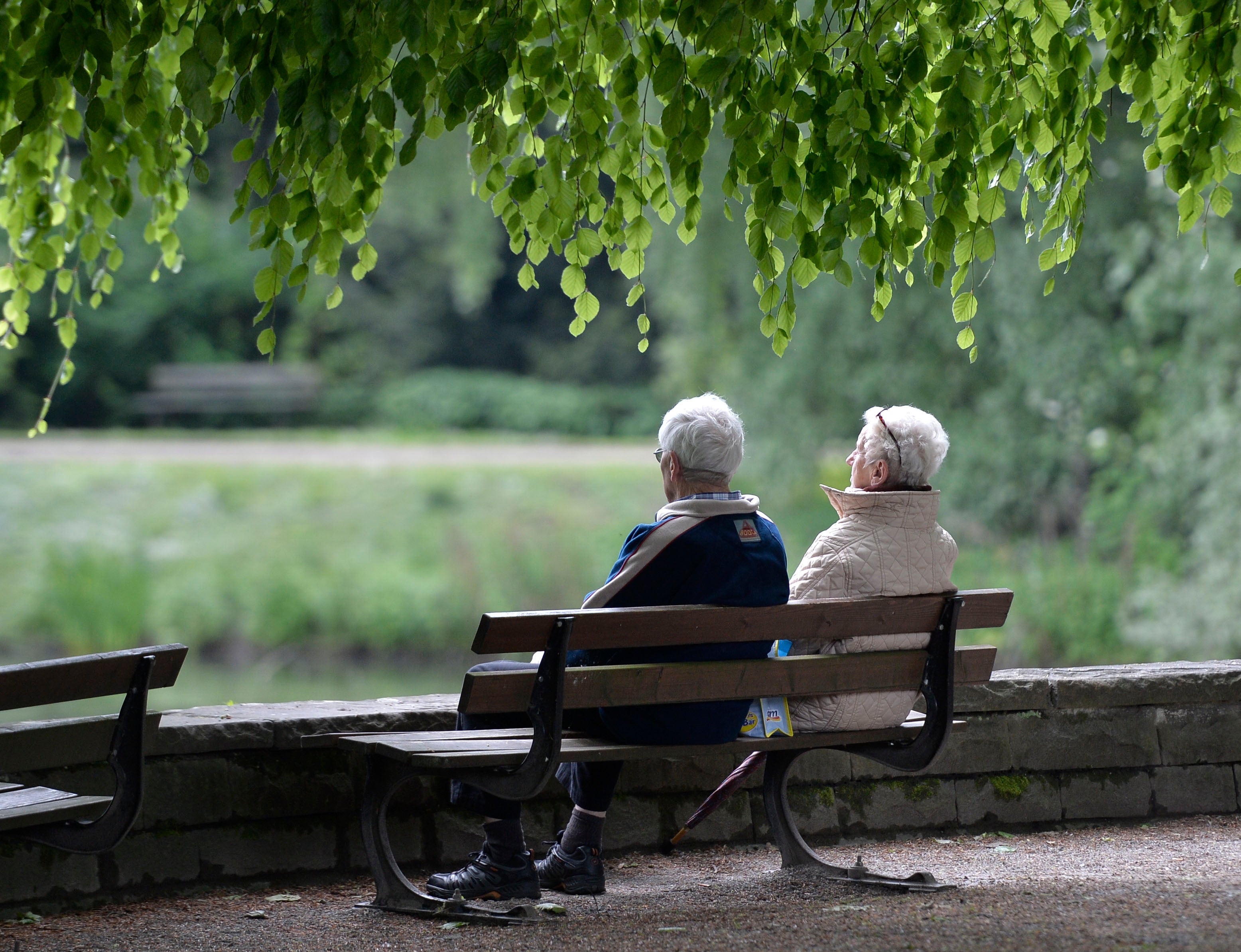Why the pension triple lock looks safe with worried Tories
The need to hold on to a previously loyal and reliable base is not confined to right-wing newspapers, writes Sean O’Grady


If a government were operating purely on the basis of fixing the public finances, there’s no doubt state pensioners would be forced to endure a real-terms cut in their incomes.
It would mean that many would be pushed to the point where their health would be endangered, given the spiralling cost of heating, lighting and food. Hypothermia, flu and other respiratory illnesses take the lives of many every year. It’s neither humane nor fair to reduce the real-terms spending power of the old age pension. It’s the politics of it that may save the older generation from hardship this winter.
The cost of the state pension runs to more than £100bn a year. To put that in perspective, it’s rather more than double the defence budget, half the size of the entire spending on the NHS and social care, or a chunky four per cent of UK national income. When people talk about cutting social security benefits they should be aware that by far the largest component – some 60 per cent – is the old age pension. Contrary to some perceptions, it is not “paid for” by national insurance (NI) contributions over a working life, but funded directly from general taxation (including NI, which is essentially another income tax).
Increasing the payment under the “triple lock” guarantee means it will rise further by about £5bn next year – another hefty sum, and roughly equivalent to spending on the prison system. So, it matters.
Fortunately for the nation’s older folk, the Conservative Party is terrified of them. They vote, and they vote Tory, and they are a growing proportion of the electorate. The turnout rate for the over-75s in the last few general elections was above 80 per cent; for the rather less numerous 18-24 cohort it was around 50 per cent, albeit on a rising trend. Of these young ’uns, a mere 21 per cent backed Boris Johnson in 2019, with 56 per cent favouring Jeremy Corbyn. By contrast, the over-70s favoured the Tories by 67 per cent to 14 per cent for Labour.
Given the current state of the parties in the polls, every age group is less likely to be Tory than they were three years ago, but for the Sunak government, one objective will be to try and hold on to their previously loyal and reliable base. Hence the generous tone of what the prime minister has been saying about keeping the “triple lock” which promises to boost pensions by the greater of price inflation, wage inflation or 2.5 per cent. It was introduced as a Liberal Democrat contribution to the 2010 coalition government and was designed to redress the long-term decline in the state pension compared to average earnings after the link was broken by the Thatcher government in 1980. Pensioner poverty has been alleviated as a result, even though the lock was suspended last year in the freakish conditions of the economy emerging from the pandemic, when wages soared.
Mr Sunak now says that pensioners are “at the forefront” of his mind and that chancellor’s tax-and-spend plans have “fairness and compassion” at their hearts. This is a heavy hint, and it will do until Jeremy Hunt unveils the autumn statement on Thursday. But if there is the slightest hint of backsliding on the pension guarantee, there will be electoral trouble, and some harsh attacks from newspapers, which tend to have an older readership these days. The same goes for any more attempts to push back the statutory age of entitlement even further, towards 70 or later. Any attempt to impose NI on the retired would also prompt a backlash.
On balance, the triple lock looks safe: the more pointed political question concerns what the next Conservative manifesto will say about state pension levels, the retirement age, and issues such as social care when the time comes for a general election. If there is the prospect of some kind of youthquake of the kind seen in the recent US midterm elections, then expect the Conservatives to be exceptionally kind to senior citizens in the days and years ahead.



Join our commenting forum
Join thought-provoking conversations, follow other Independent readers and see their replies
Comments